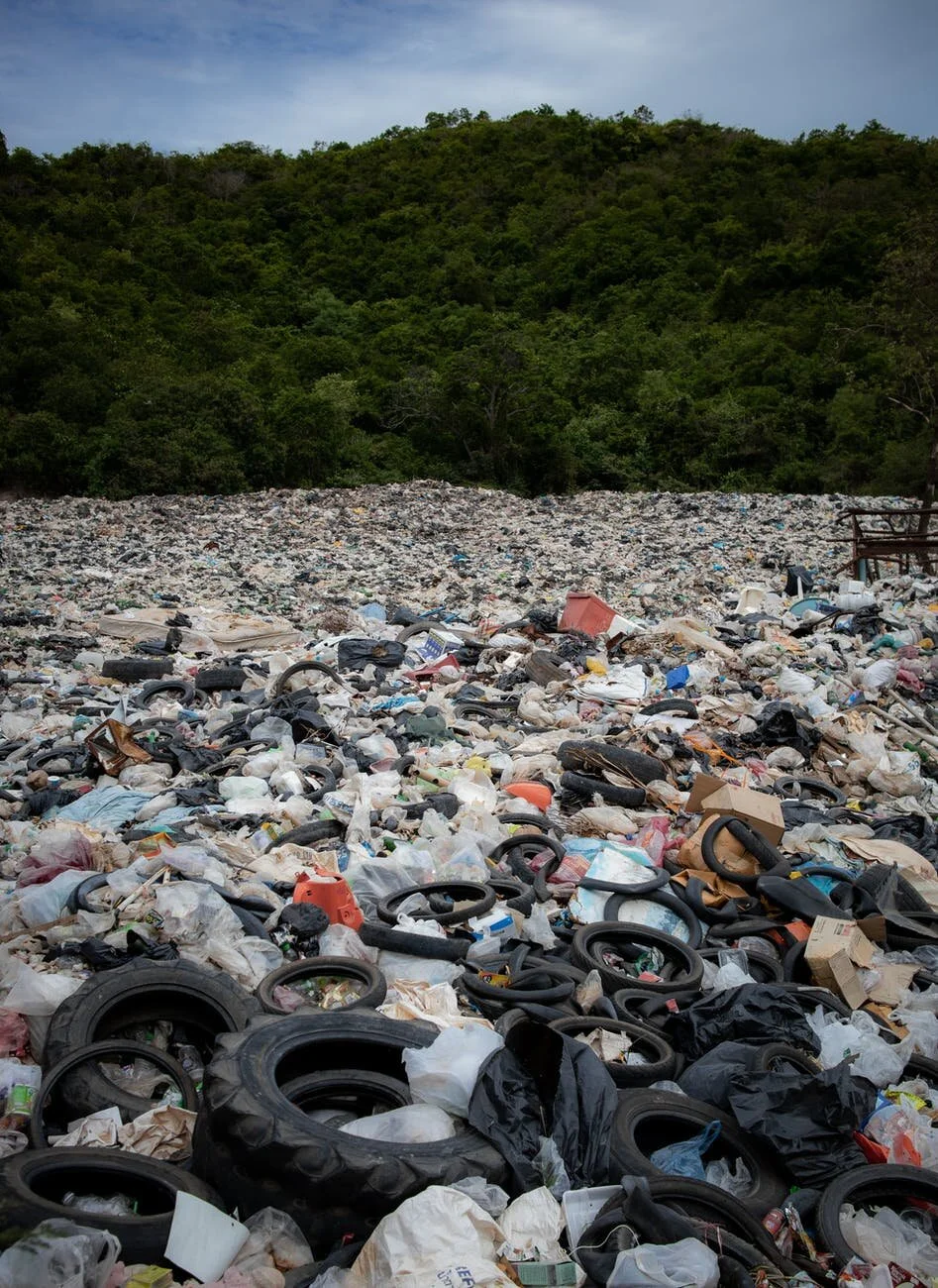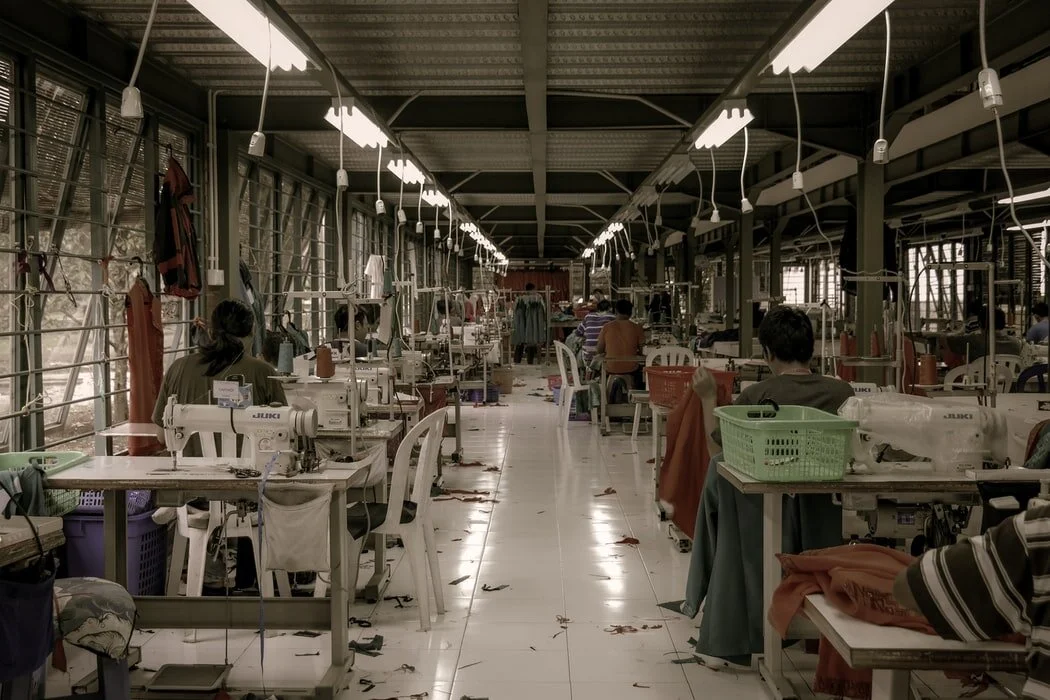Cancelled Orders: The Consequences
The coronavirus pandemic has laid bare the unjust and fragile systems on which global fashion supply chains rest. Its impacts have been spread to every sector and all corners of the globe.
Credit: Mona Mijthab/Sustainable Sanitation/Wikimedia Commons
Global connectivity has often been framed as a vital part of economic development, providing jobs, opportunities, and livelihoods. But as the pandemic has continued to change normal consumption across Europe and the UK, halfway across the world, the impacts are being felt by some of the planet’s most vulnerable communities.
In Bangladesh, 80% of exports come from the garment industry. The population are dependent on demand from developed countries. However, in a time when the world seems to be coming together, garment workers have been utterly let down. This is not a country-specific problem; all across the globe garment workers are facing similar fates.
More than 50 million workers in lower income countries work in the textiles and footwear sector, producing goods to export to North America, Europe, and Japan. As these countries went into lockdown, so did their retail sectors, putting the brakes on global demand for apparel and in turn taking away the livelihood and financial stability on which millions are dependant. Bangladeshi media report that $4.61 million in orders has been cancelled by Global Brands Group, home to Calvin Klein and Reiss amongst others.
When COVID-19 hit, many apparel companies acted with no regard for the health and wellbeing of their garment workers, refusing to pay the factories producing their clothes and cancelling future orders. It may be a surprise that fashion retailers are able to get away with something that seems so morally wrong, but global supply chains have been designed specifically in this way to give the retailer the upper hand.
Retailers are not required to pay for garments until 60 – 90 days after they are delivered. Instead, the initial cost of buying the fabric and paying workers falls to the supplier. Consequently, devastating external events such as COVID-19, give major fashion brands the power to force costs down the supply chain onto their suppliers.
Millions of workers, disproportionately women, have been suspended or terminated, many with little or no compensation. Fashion retailers need to be held accountable for their actions as the economic impacts associated with COVID-19 continue to mount.
A survey conducted in Bangladesh found that over 19% of respondents with an income less than 5,000 taka (£47.78) reported a 75% reduction in income between May and June. Those earning between 5,000 and 15,000 taka (£143.43) reported a 50% fall in their income. COVID’S impacts on garment workers are not limited to Bangladesh; in Vietnam, Morocco, and Romania, amongst other nations, textile workers have been left in precarity.
Some workers must continue to face the unsafe, tightly packed working conditions of garment factories in order to support their families. This incurs increased physical and mental wellbeing costs. They are at increased risk of catching the virus, resulting in financial costs in terms of healthcare and non-financial wellbeing costs due to increased anxiety associated with catching the virus themselves and passing it on to loved ones.
The economic implications of lockdown don’t stop at the retailer who can no longer open, nor do supply chains stop at borders. If we want to continue to enjoy the positives of a connected world we must also come together to work through the negatives.
Route2 delivers unique insights into the total impact of business activities. We offer businesses expert advice and analysis about historical and future performance. Our services (coined Value2Society) strengthen decision making, establish competitive advantage and enhance the value business delivers to society.
To find out more, email us at info@route2.com or phone +44 (0) 208 878 3941
Follow our social media to never miss a post:











